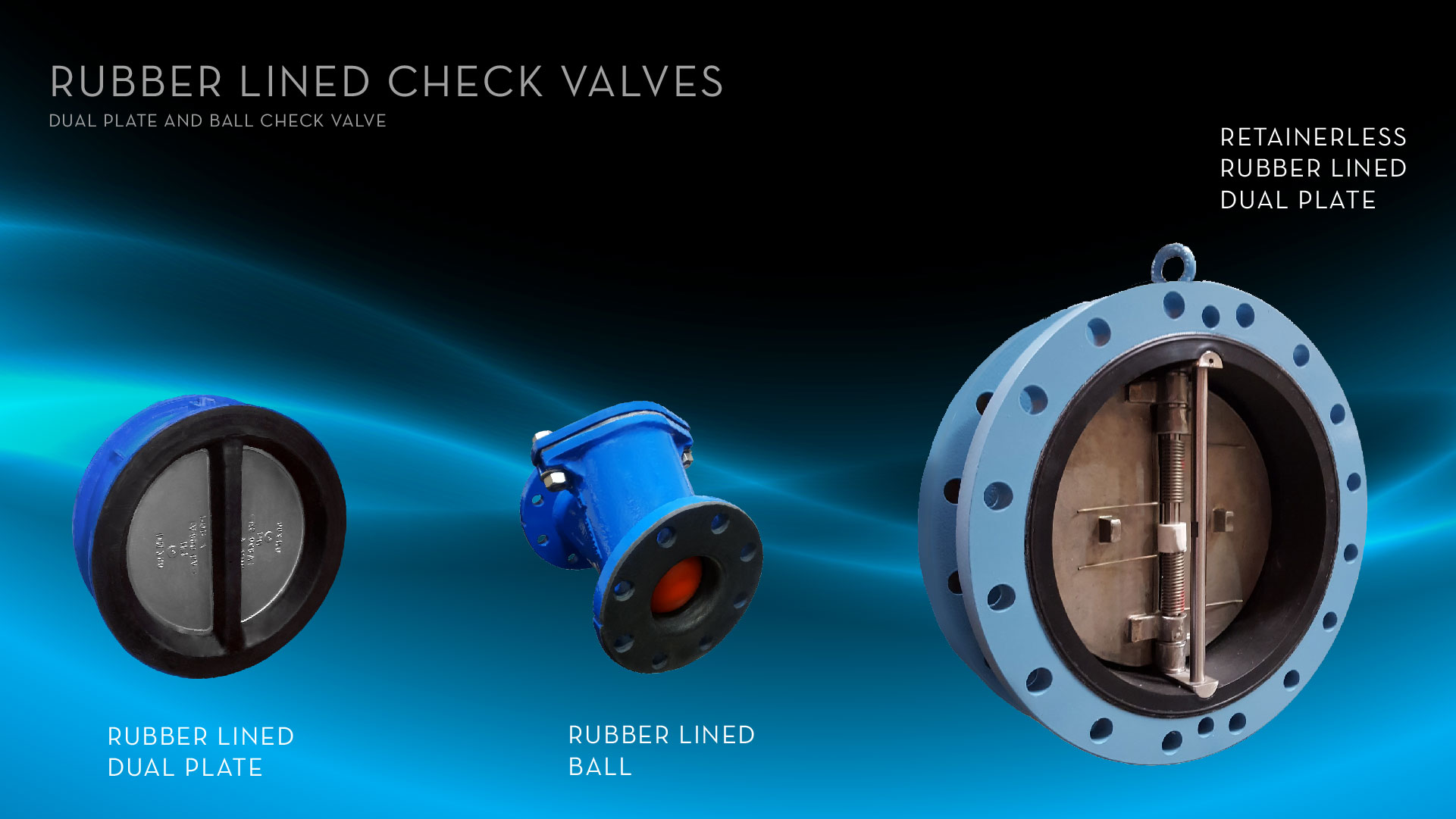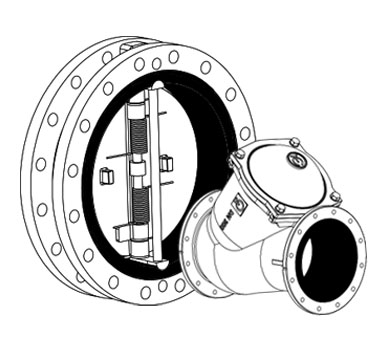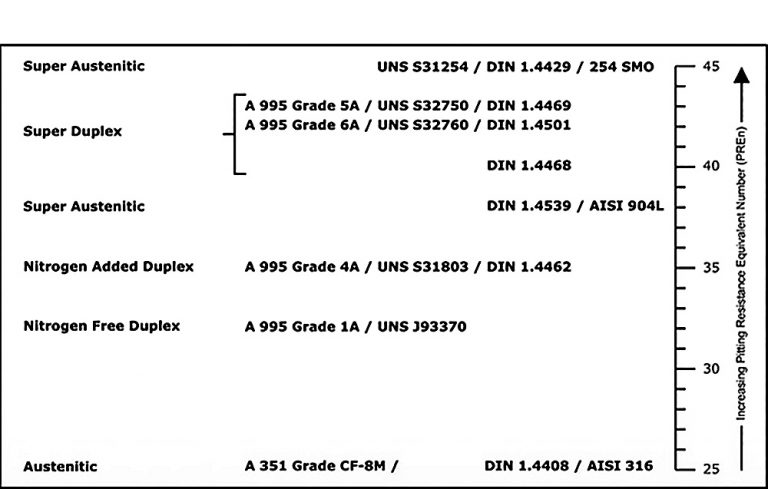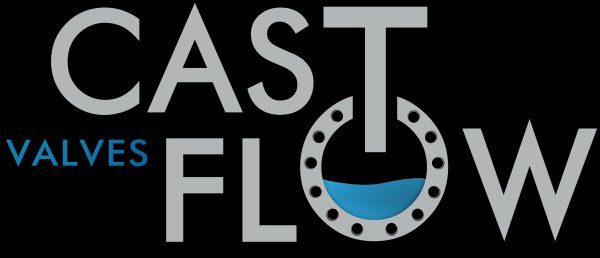

RUBBER LINED
DUAL PLATE AND BALL CHECK VALVE
WATER TECHNOLOGIES – IN HOUSE MANUFACTURING
DESIGN FEATURES
Ball check rubber lined with anti abrasive rubbers for mining industries application. The rubber lined dual plate check valves are a cheaper alternative to other alloyed materials which are resistant to corrosive applications. Available in several types of rubber.
Castflow valves is producing the dual plate check valve with the same system that applies the butterfly valve with encircling liner. Meaning the body internally coated with rubber.
APPLICATIONS
Mining industries application
Seawater application
Purification systems
Mining
Chemical industries
TECHNICAL DATA
Ball check valves
RANGE: Flanged ends from DN 100 to DN 600
Dual Plate check valves
RANGE: DN 250 TO DN 1400
Retainerless Dual Plate check valves
RANGE: DN 350 TO DN 500
Design: Available ball check valves, dual plate and dual plate retairnerless
.
TECHNICAL PERFORMANCE
Good resistance to abrasion.Exceptional chemical resistance to many acids, base and solvents
SPECIAL ALLOYS
Over the years the most frequent used materials on the desalination market have been the so called “Superstainless” or “ superaustenitic”, which anti corrosive properties are superior to austenitic steels.
Due to the price increment on the prime materials and as an alternative more competitive for these materials, Duplex and Superduplex of second generation have been introduced in the market of desalination.
The family of Duplex and Super duplex Stainless steels offer a significant advantage over Standard austinic steels.
The 50/50 ferrite /austenite structure gives improved corrosion and abrasion resistance together with improved tensile and yield properties.
Duplex Composition range is obtained by a complex structure, and therefore requires a much greater degree of technology, melting and process control compared with austenitic stainless steel constructions.
CASTFLOW VALVES S.L. has been experiencing the production of check valves in Duplex stainless steel for the last years, increasing our knowledge on the complex casting technology.
PITTING RESISTANCE EQUIVALENT NUMBER (PREN)
The resistance to pitting of an alloy is of vital importance , particularly so in handling seawater.
Assessment of resistance to pitting is often made by use of a pitting resistance equivalent number which, when this takes account of Cr Mo and N is referred to as a PREn Number.
Calculation is made on the basis of the following.
PREN= %Cr+ 3.3%Mo16%N


